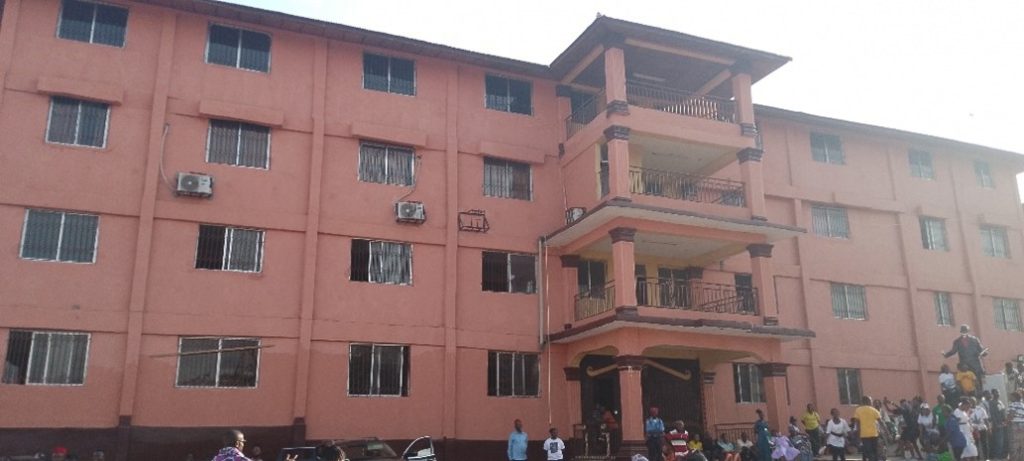The legacy of the late Senator Prince Yormie Johnson, a controversial figure in Liberian politics, appears to be fading just five months after his passing. Several of his key establishments in Nimba County, including the PYJ Polytechnic University, Voice of Faith Radio, and a mineral water company, have closed their doors, leaving the community with unanswered questions and growing concerns. The sudden closure of these institutions, particularly the university, has disrupted the education of numerous students, forcing them to seek alternative learning opportunities elsewhere. No official explanation has been provided for the closures, furthering the anxieties of the Nimba community. The silence surrounding the future of these institutions contrasts starkly with the extravagant millions of dollars spent on Senator Johnson’s funeral, a significant portion of which was drawn from the social development fund. This expenditure, juxtaposed with the current state of his establishments, raises questions about resource allocation and priorities.
The lack of visible action to revive these institutions has sparked criticism and disappointment among Nimbaians. Despite fervent appeals during the recent senatorial by-election to uphold Senator Johnson’s legacy, no concrete steps have been taken to reopen the university, radio station, or water company. Key figures, including Vice President Jeremiah Koung, the political leader of the late senator’s MDR party, and Superintendent Kou Meapeh Gono, have remained silent on the matter, failing to address the community’s concerns. This inaction has fueled apprehension that the promises made during the campaign were merely political rhetoric, with no genuine intention to preserve the senator’s legacy.
The closure of the PYJ Polytechnic University is a particularly significant blow to the community. Established as a beacon of education in Nimba County, the university offered opportunities to many who may not have otherwise had access to higher learning. Its closure represents not only a loss of educational resources but also a potential setback for the region’s development. During the late senator’s funeral, the university’s president, Roland D. Yormie, made a passionate plea for government support to ensure the institution’s continued operation. However, his appeal appears to have gone unheeded, with no response from either local authorities or the national government.
The silence from officials extends to the closure of Voice of Faith Radio, a community staple that served as a platform for religious discourse and local news. Residents of the LPRC Community, where the radio station was located, have expressed their concern over the loss of this vital communication channel. The radio station’s closure further isolates the community and limits access to information, exacerbating the feeling of neglect. The lack of transparency from those responsible for the station’s operations adds to the growing sense of unease and distrust.
Efforts to obtain clarification from those involved have yielded little result. While the widow of the late Senator Johnson and the Acting President of the PYJ Polytechnic University, Yogie Sumo Jr., have promised to address inquiries, Superintendent Kou Meapeh Gono has remained unresponsive. This lack of communication from key figures further contributes to the uncertainty surrounding the future of these institutions. The absence of clear answers and a defined plan of action fuels speculation and fosters a sense of abandonment within the community.
The current state of Senator Johnson’s establishments paints a bleak picture of his legacy just months after his death. The closures, coupled with the silence from officials and the lack of a clear plan for the future, raise concerns about the commitment to preserving the institutions he built. The community’s anxieties highlight the urgent need for transparency and decisive action to address the situation and ensure that the educational and community resources are not permanently lost. The continued inaction risks further eroding the late senator’s legacy and deepening the sense of disappointment and distrust within the Nimba community.


